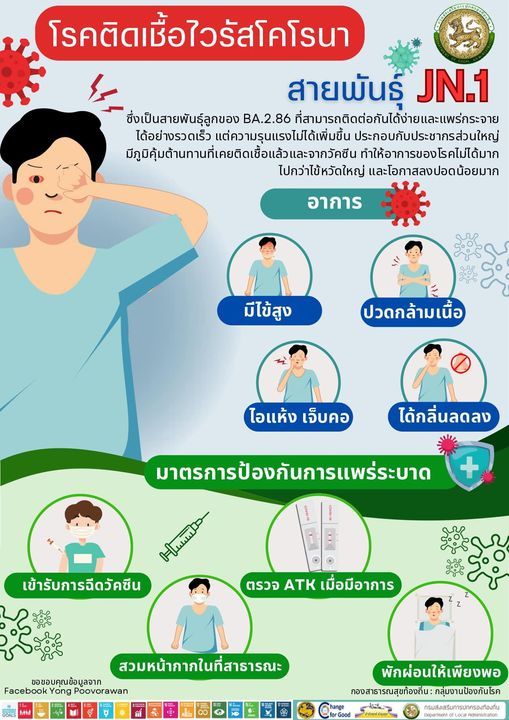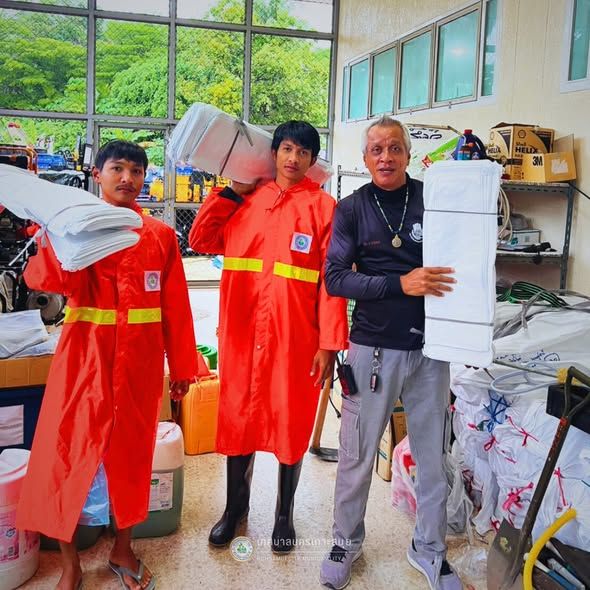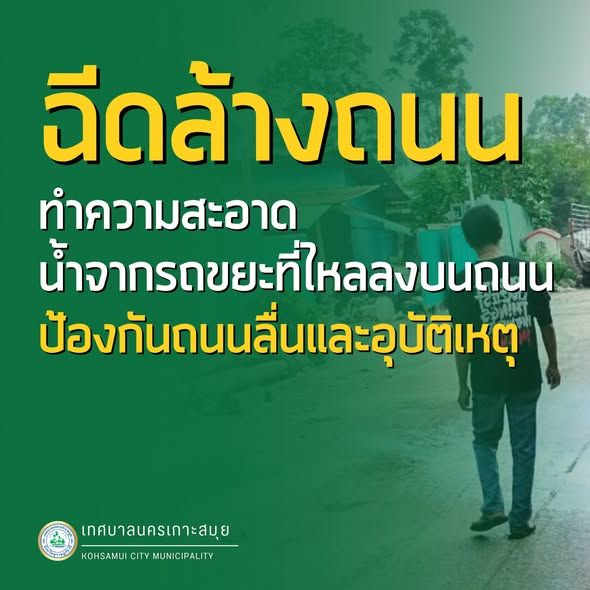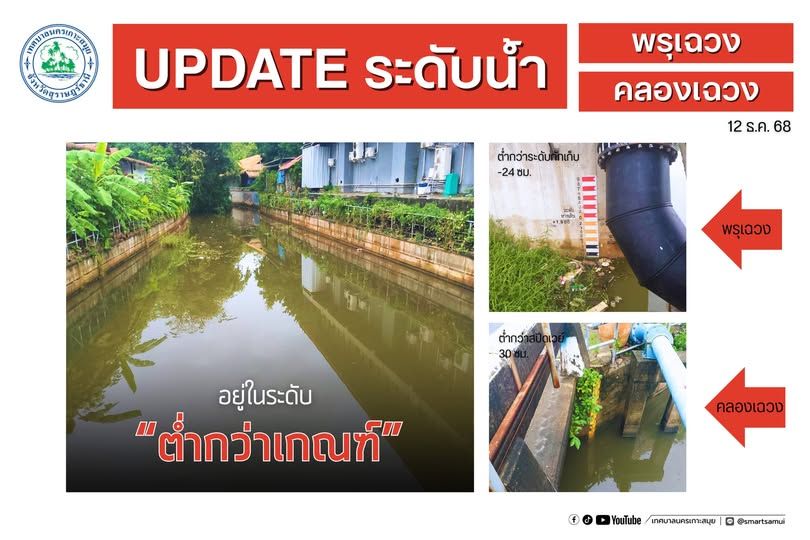🦠 Stay informed about the new #COVID19Variant JN.1 in Thailand, which presents symptoms similar to the common cold but spreads rapidly. Let’s combat it together by following public health measures and staying vigilant. 💪🏼🌟 #StaySafe #PublicHealth #Thailand #COVID19
COVID19Variant #COVID19 #Thailand #JN1 #StaySafe #PublicHealth #Vigilant #FightAgainstCOVID19 #StayInformed #CombatTogether
The global fight against COVID-19 has witnessed the emergence of numerous variants, each presenting its own unique challenges. One such variant now under the spotlight is JN.1, which has become a focal point in Thailand’s continued efforts to manage the pandemic.
JN.1: The Latest Variant
JN.1 is the latest addition to the family of coronavirus variants. Originating from a lineage known as BA.2.86, it has carved its own niche in the virus’s evolutionary path. This variant, like those before it, carries a genetic signature that allows scientists to track and study its spread and impact.
Symptoms and Transmission
When it comes to symptoms, JN.1 mirrors the common cold. This makes detection tricky, as individuals might brush it off as a minor ailment. The usual signs include a runny nose, cough, and a general feeling of being unwell. Despite its seemingly mild presentation, do not underestimate its ability to transmit between individuals. JN.1’s high contagiousness means it can rapidly spread through populations, much like its predecessors.
Public Health Measures
Facing such a variant requires adherence to public health guidelines. Masks have been a cornerstone in controlling the spread of COVID-19. They serve as a simple yet effective barrier against the transmission of respiratory droplets, which are the main vehicle for the virus’s spread. When in public spaces, remember that donning a mask is more than a personal precaution—it’s a collective act of responsibility.
Rapid Spread and Response
The rapid spread of JN.1 compels an agile and robust response from public health authorities. Thailand’s healthcare system, familiar with the ebbs and flows of the pandemic, continues to monitor the situation closely. Efforts are in place to manage outbreaks and limit the variant’s impact on both public health and daily life.
Preventative Practices
Vigilance remains key in the battle against COVID-19 and its variants. Alongside wearing masks in public, other practices include frequent handwashing, maintaining social distance where possible, and staying informed about the latest public health advice. As the virus evolves, so too must our strategies for safeguarding our health and the well-being of our communities.
Moving Forward
As we navigate this ongoing pandemic, staying abreast of new developments is crucial. The emergence of JN.1 is a reminder of the virus’s persistent nature and our need to remain proactive in our public health measures. By working together and upholding safety protocols, we can continue to make strides against COVID-19.
Remember, the simple actions we take have the power to make a significant impact. Whether you are a local resident or a visitor in Thailand, wearing a mask in public is a gesture that contributes to the collective health and safety of the community. Let’s continue to support each other during these times and look forward to brighter days ahead.
Frequently Asked Questions
What are the characteristics and symptoms of the new COVID-19 JN.1 variant?
JN.1, identified from the BA.2.86 lineage, has emerged as a concerning variant with symptoms that closely mimic those of the common cold. Individuals infected with JN.1 may experience a runny nose, cough, and general malaise, often leading to underestimation of its seriousness due to the mildness of these signs. However, it’s crucial to recognize the deceptive nature of these symptoms as JN.1 possesses a heightened ability to spread swiftly among populations.
How should we respond to the potential rapid spread of the JN.1 variant in Thailand?
The swift transmission of JN.1 calls for a proactive and flexible approach from both public health authorities and individuals. Adherence to public health guidelines, such as wearing masks, especially in crowded public spaces, and maintaining hygiene practices like frequent handwashing, becomes even more pivotal. Social distancing and staying updated with the latest health advisories are also integral components of our collective response. Thailand’s healthcare system continues its vigilant monitoring and outbreak management to mitigate the variant’s impact.
What steps can individuals take to contribute to the fight against COVID-19 and its variants, such as JN.1?
Individual vigilance is paramount in curbing the spread of COVID-19 variants like JN.1. Each person is encouraged to wear masks in public settings, which acts as a potent barrier against the virus. Engaging in regular handwashing, keeping a respectful distance from others, and remaining informed about evolving public health recommendations are all vital practices. The fight against the virus is a communal effort, and through these collective actions, we uphold our responsibility towards the health and safety of our communities in Thailand and beyond.




